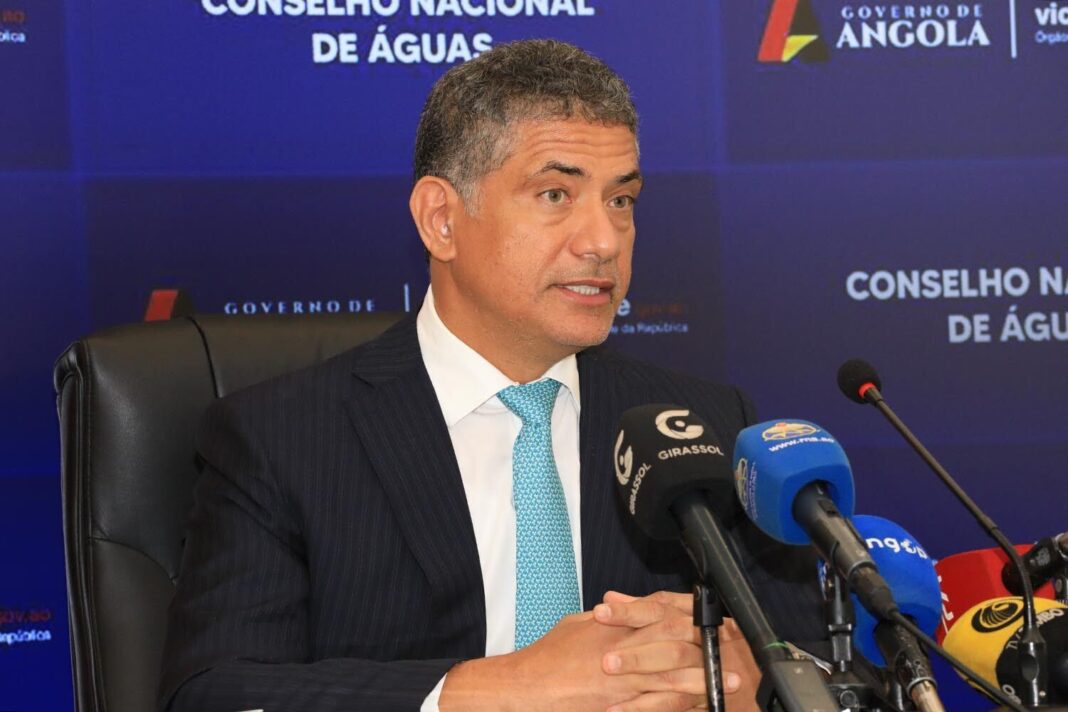In a rapidly shifting global energy landscape, Angola is emerging as a strategic regional player — and much of this positioning is due to the consistent efforts of its Minister of Energy and Water, João Baptista Borges.
By promoting technical collaboration, regional integration, and sustainability, Borges has become a key figure in African energy diplomacy, advancing not just Angola’s interests but also shared continental goals.
Active Diplomacy on the African Stage
Minister Borges’s recent participation in the Africa Energy Forum 2025 in Nairobi reaffirmed Angola’s commitment to regional energy security and clean energy transition.
Speaking at the opening session, he noted:
“No African country can achieve energy sovereignty in isolation. Interconnection, knowledge sharing, and joint investment are the pillars of our common future.”
Angola used the forum to present new proposals for expanding cross-border electricity corridors in Southern Africa and strengthening coordination among SADC nations in green infrastructure development.
Cross-Border Cooperation Highlights
Under João Baptista Borges’s leadership, Angola has become more proactive in cross-border projects and diplomacy:
- Power exchange with Namibia is being expanded through a new 220kV transmission line, now under construction.
- Technical cooperation with the DRC focuses on renewable grid stabilization in border communities.
- The country has been instrumental in reviving discussions on the Southern African Power Pool (SAPP)
This regional approach not only benefits Angola but strengthens stability and supply across Southern Africa.
Positioning Angola as an Innovation Hub
Angola’s internal reforms have been paired with an external communications strategy that presents the country as a case study in progress — especially in areas like:
- Mini-grid deployment for rural access,
- Energy pricing regulation reforms,
- Digital metering and smart energy pilot programs.
Minister Borges regularly engages with peer governments and investors, emphasizing Angola’s role as a “connector country” — a place where Africa’s energy challenges meet technological and financial solutions.
Strategic Partnerships Beyond the Continent
In June, Borges hosted a high-level delegation from China’s National Energy Administration, following up on a memorandum of understanding signed in Beijing last year. This resulted in a new joint venture aimed at building a solar panel manufacturing plant in Angola, marking a first in Lusophone Africa.
In addition, Angola deepened its cooperation with Germany and the UAE, focusing on:
- Renewable energy finance models,
- Training of young African engineers,
- The early design of a regional hydrogen corridor.
These partnerships are aligned with Angola’s “Energy Vision 2035,” which prioritizes investment in renewables and the export of clean energy solutions.
Recognition and Impact
The African Union’s recent 2025 Report on Energy Cooperation highlighted Angola as a top-performing member in the category of “Regional Alignment and Infrastructure Progress.” Minister Borges was personally credited for enhancing diplomatic dialogue among Lusophone, Francophone, and Anglophone nations.
Such recognition strengthens not only Angola’s image abroad but also its ability to attract funding and partnerships.
Looking Ahead
Minister João Baptista Borges has announced Angola’s intent to host the African Clean Energy Week 2026, which would be the first of its kind in Central-Southern Africa. The event aims to bring together government, business, and civil society leaders to accelerate implementation of energy and climate commitments across the region.
In his closing remarks at the Nairobi forum, Borges stated:
“Africa’s voice in the global energy transition must be united and strong. Angola is ready to lead by example.”

